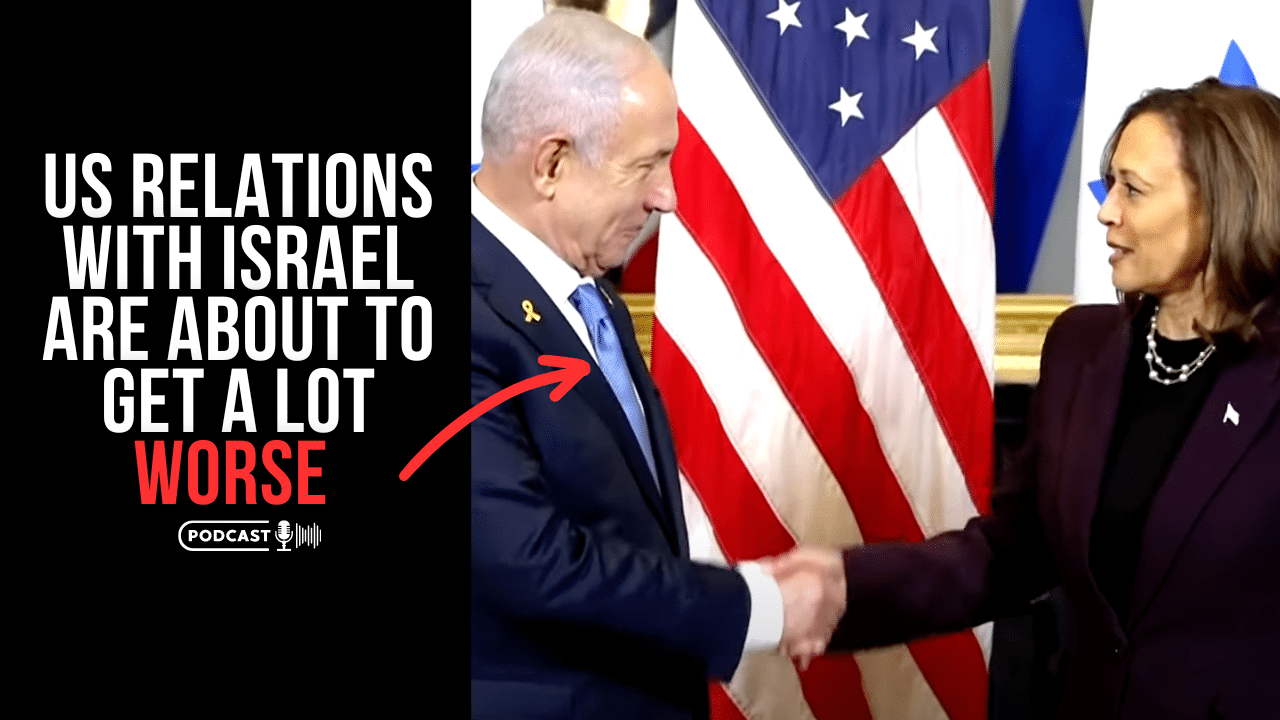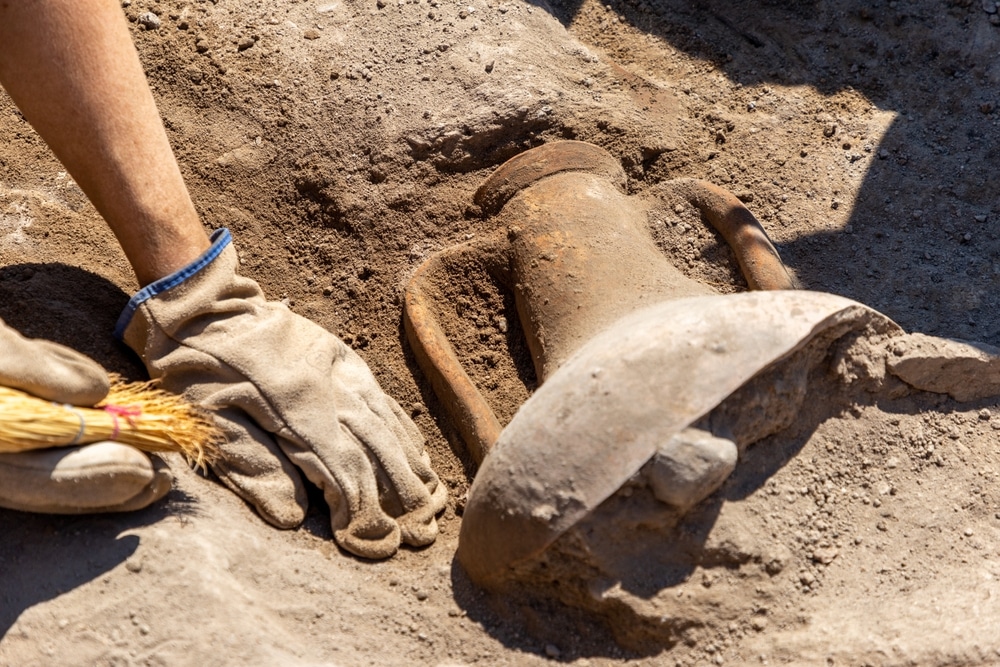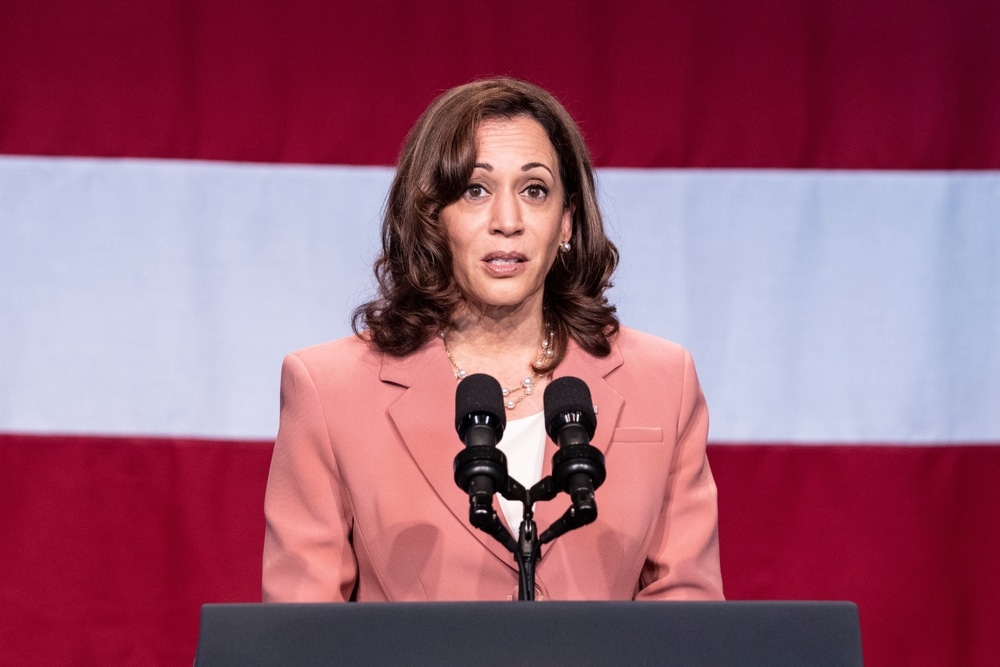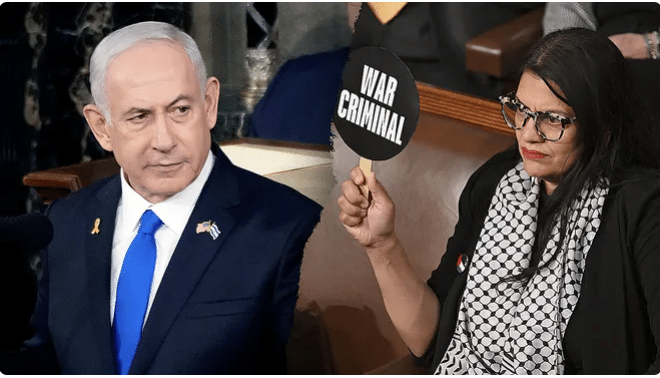Hamas has agreed in principle and Israel is now considering a proposal for the release of at least 50 women and children among about 240 foreign and Israeli hostages being held by Hamas in Gaza, according to an Arab diplomat familiar with the negotiations.
In exchange for the hostages, Israel would agree to a three-to-five-day pause “in place” in the fighting, increased humanitarian aid to Gaza, and the release of an unspecified number of women and children held in Israeli prisons.
Amid reports that agreement on at least some components of a deal may be near, U.S. officials and other interested parties spent much of Wednesday awaiting word from Israel, where internal discussions were said to be underway.
Senior Biden administration officials have said this week that the United States is engaged in “hour-by-hour” negotiations over a hostage release with Israel and the government of Qatar, which is serving as a go-between for Hamas.
But the Arab diplomat and others familiar with the talks, all of whom spoke on the condition of anonymity about the sensitive negotiations, cautioned that the arrangement currently under discussion could fall apart, as have others up to now.
Previous proposals have outlined some of the same parameters, with different numbers of hostages involved and conditions placed on their release. The current outline has been agreed only “in general terms,” the diplomat said.
“We should be hearing back today,” the diplomat said. If the Israelis agree, “It’s going to happen quickly. If they reject it, then we’re at it again.”
The hope is that agreement on a deal for the release of at least some of the captives could lead to further talks on freeing the remainder of those held in Gaza. Hamas has indicated previously that it will keep Israeli military hostages, estimated to number several dozen, apparently for use in separate exchanges for Palestinian militants held in Israeli prisons.
The office of Prime Minister Benjamin Netanyahu and other members of his war cabinet refused to comment Wednesday on a potential hostage deal.
Speaking at a military post in southern Israel, Netanyahu said, “There’s no place in Gaza we won’t reach. There’s no hiding, no shelter, no refuge for Hamas murderers. … The hostages will be released and Hamas will be destroyed.”
President Biden, after speaking again Tuesday with Netanyahu, told reporters about a potential hostage release that “I’ve been talking with the people involved every single day. I believe it’s going to happen.” Asked whether he had a message for families awaiting news of the captives, nine of whom are believed to be American citizens, along with one permanent U.S. resident, Biden said: “Hang in there. We’re coming.”
Since the captives were taken from Israel into Gaza during Hamas’s Oct. 7 attack, a number of factors have complicated the talks. Neither Israel nor the United States speaks directly to Hamas, even when senior negotiators from all sides have gathered in Doha, the Qatari capital.
Officials said, however, that significant progress was made when CIA Director William J. Burns and his Israeli counterpart, Mossad Director David Barnea, met there indirectly with Hamas’s political leaders late last week.
But events on the ground in Gaza have also influenced the extent of cooperation by the combatants. Israel has refused international calls to cease its offensive operations, including thousands of airstrikes on alleged Hamas facilities and fighters and a ground operation in which troops are moving block by block through the heavily populated northern part of the enclave.
The United Nations Security Council approved a resolution on Wednesday calling for “immediate, extended humanitarian pauses” and release of all hostages. The council had failed on four separate occasions to pass resolutions to stop — or at least pause — the fighting, after either the United States or Russia vetoed them as insufficient. Both countries, along with Britain, abstained on the Wednesday vote.
Outsiders and Western media have had only a highly restricted view of what is going on inside Gaza — although virtually everyone agrees that the war is a humanitarian disaster for civilians. In recent days, Israeli forces have moved to encircle al-Shifa Hospital, Gaza’s largest medical facility, which the Israel Defense Forces and the United States claim is used by Hamas as a key command and control military facility and arms depot.
Israel says it is taking great care to avoid harm to patients and other civilians, while the United States has repeatedly cautioned that hospitals should not come under attack. Gazans and local health-care workers have said that critically and chronically injured civilians are dying as Israeli attacks intensify.
Hamas has told negotiators that it does not have control, or know the location, of all of the hostages — some of whom it says are being held by Palestinian Islamic Jihad, another militant group inside Gaza. U.S. officials have said that a “significant” pause of several days is necessary to assemble hostages to be released and arrange for their safe passage.
Israel has so far agreed only to several hours a day of “safe passage” along two major roads for civilians to travel south from northern Gaza, where combat is focused, and in certain neighborhoods to enable delivery of humanitarian assistance. The United Nations and the Palestine Red Crescent have said that they have been unable to deliver any aid to the north for more than a week.
Israel has said locating the hostages is one goal of the operation to secure al-Shifa Hospital — but none have been found there as of Wednesday.

















